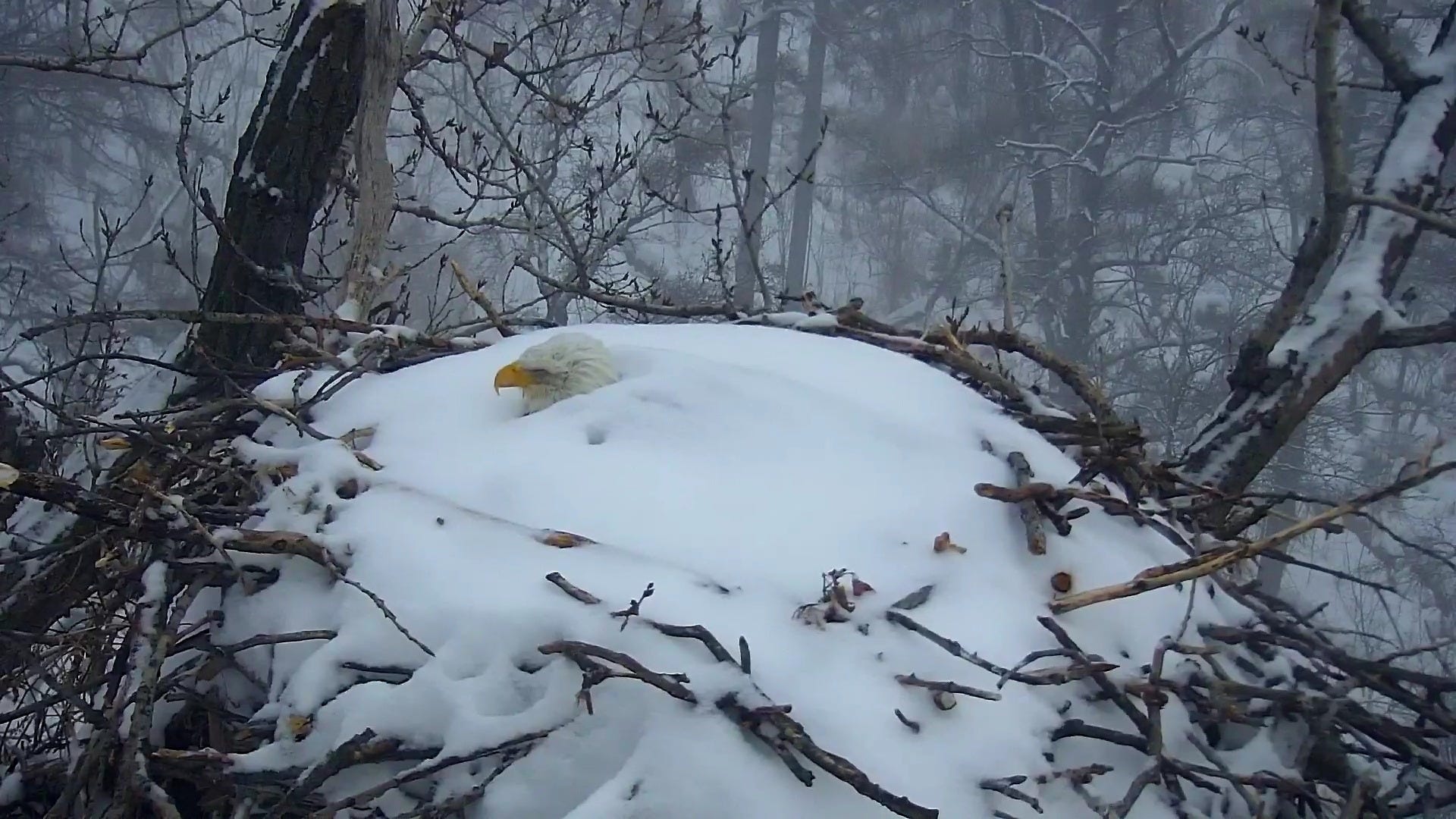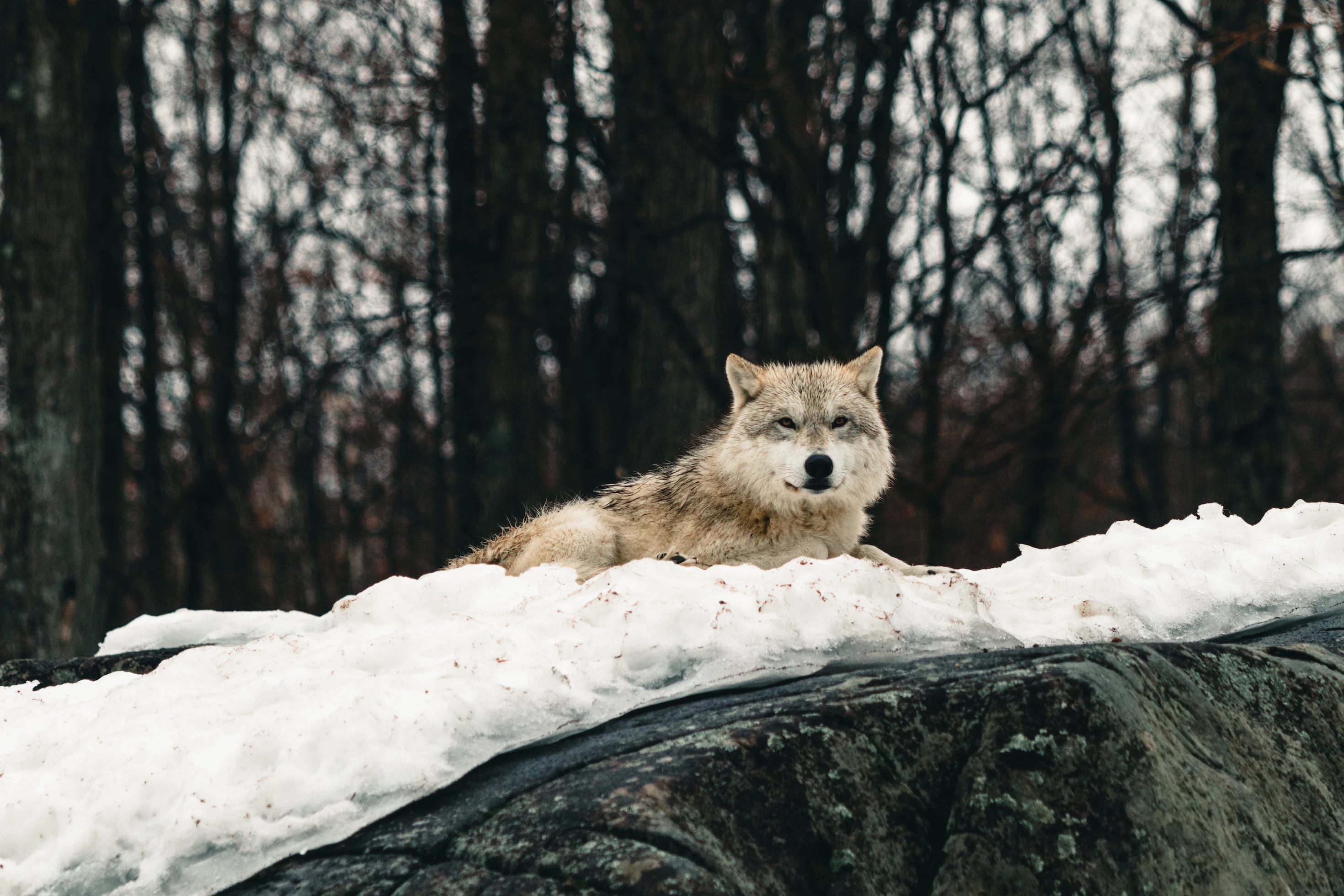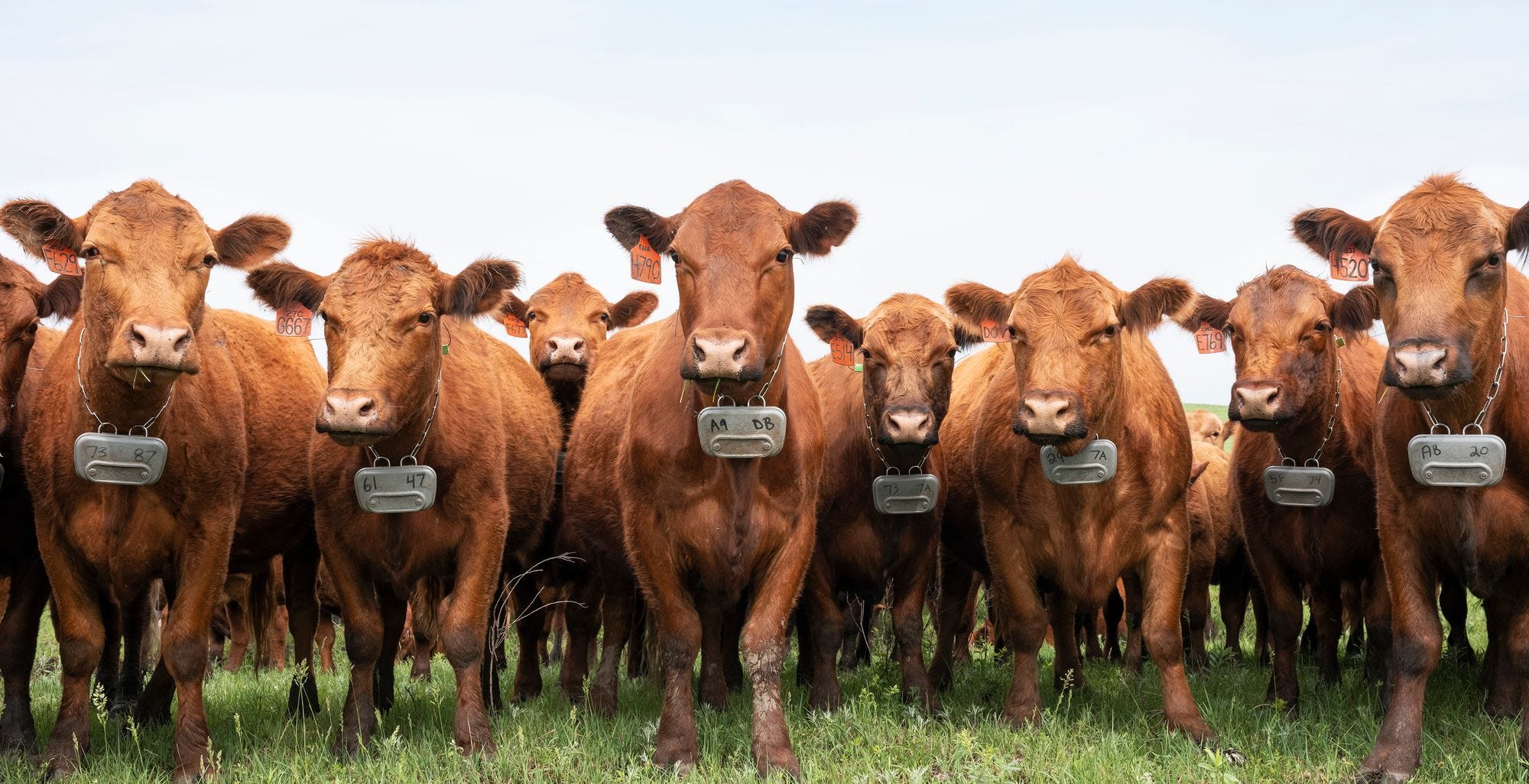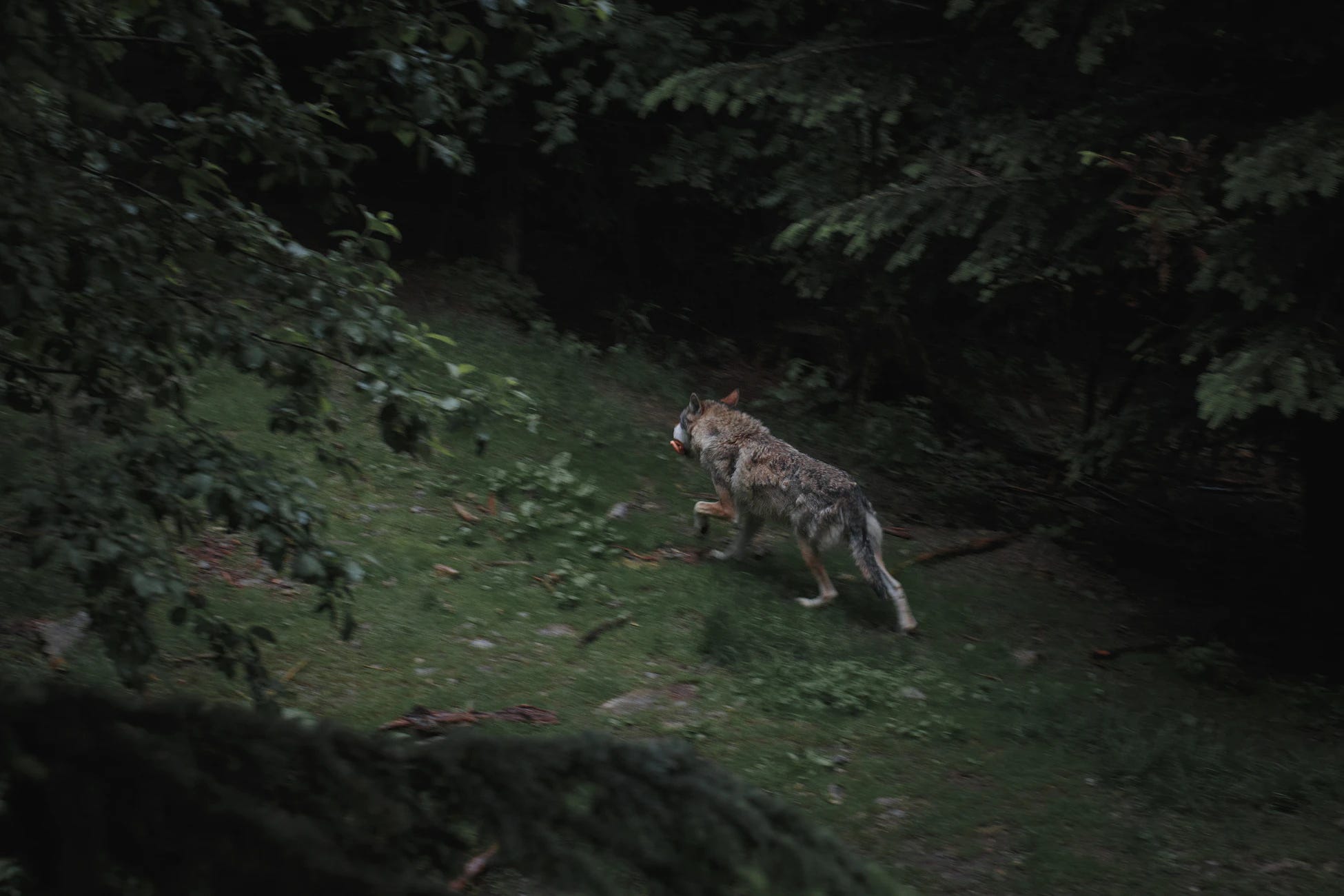Restoring Biodiversity - 5/30/2023
The enormous and growing use of Glyphosate. Mama eagle won't leave her snow covered nest. Changing minds about wolves. And more….
Thank you for subscribing to the Pitchstone Waters weekly newsletter.
Here is what we’ve been reading, watching and writing about this week…
Articles

Glyphosate for Breakfast?
As discussed below, “American applications of Glyphosate – the most heavily-used chemical weed killer in human history – increased sixteen-fold between 1987 and 2007. Today, traces of the chemical are found far from the farm. It is so widespread that unless you live in a bubble and grow your own food, it’s impossible to avoid the chemical completely.”
The enormous and growing use of this poison has major implications, not just for the health of people, but also the health of wildlife, fisheries and their habitats.

Webcam Captures Mama Bald Eagle Who Won’t Leave Nest Covered in Over Foot of Snow After Winter Storm
A blanket of snow absolutely swamped the bald eagles’ nest. But mama eagle wasn’t going anywhere.

My Rancher Parents Hate Wolves. I Took Them on a Wolf-Watching Tour in Yellowstone to Change Their Minds
The wolf debate out West is driven in large part by ignorance – on both sides. A morning spent with Wolf Trackers would greatly help the parties to find common ground for compromise.
In order to preserve and restore wildlife and wildlife habitat, we must make these decisions based on giving equal weight to (1) environmental/conservation goals, (2) people, and (3) people’s livelihoods.

Virtual Fences for Cattle Find a Home on the Range
“Virtual fences could be a game-changing grazing innovation, especially on public lands where permanent fences are prohibited. “I think it’s the best thing since barbed wire,” said Kristy Wallner, a BLM rangeland specialist in Colorado.
Videos

Dropping the Fences, Episode 2: RAIN
Within weeks the veld is transformed in a great renewal as seeds that have lain dormant for years come to life. It’s time for Veronica to learn more about regenerative agriculture with a group of like-minded farmers in the Eastern Cape, South Africa.

The Chase
“A national park should present a vignette of primitive America.” – A. Starker Leopold
Predator-prey chases happen countless times every day in Yellowstone, but we rarely witness them. Kira Cassidy, research associate with the Yellowstone Wolf Project, provides context and insight as a wolf tests an elk along Soda Butte Creek.
—
And that’s it - as always thank you..
if you haven’t already - please check out our views on biodiversity at https://pitchstonewaters.com/blog/
Please pass along, and if you if you received this from a friend - consider subscribing below.
